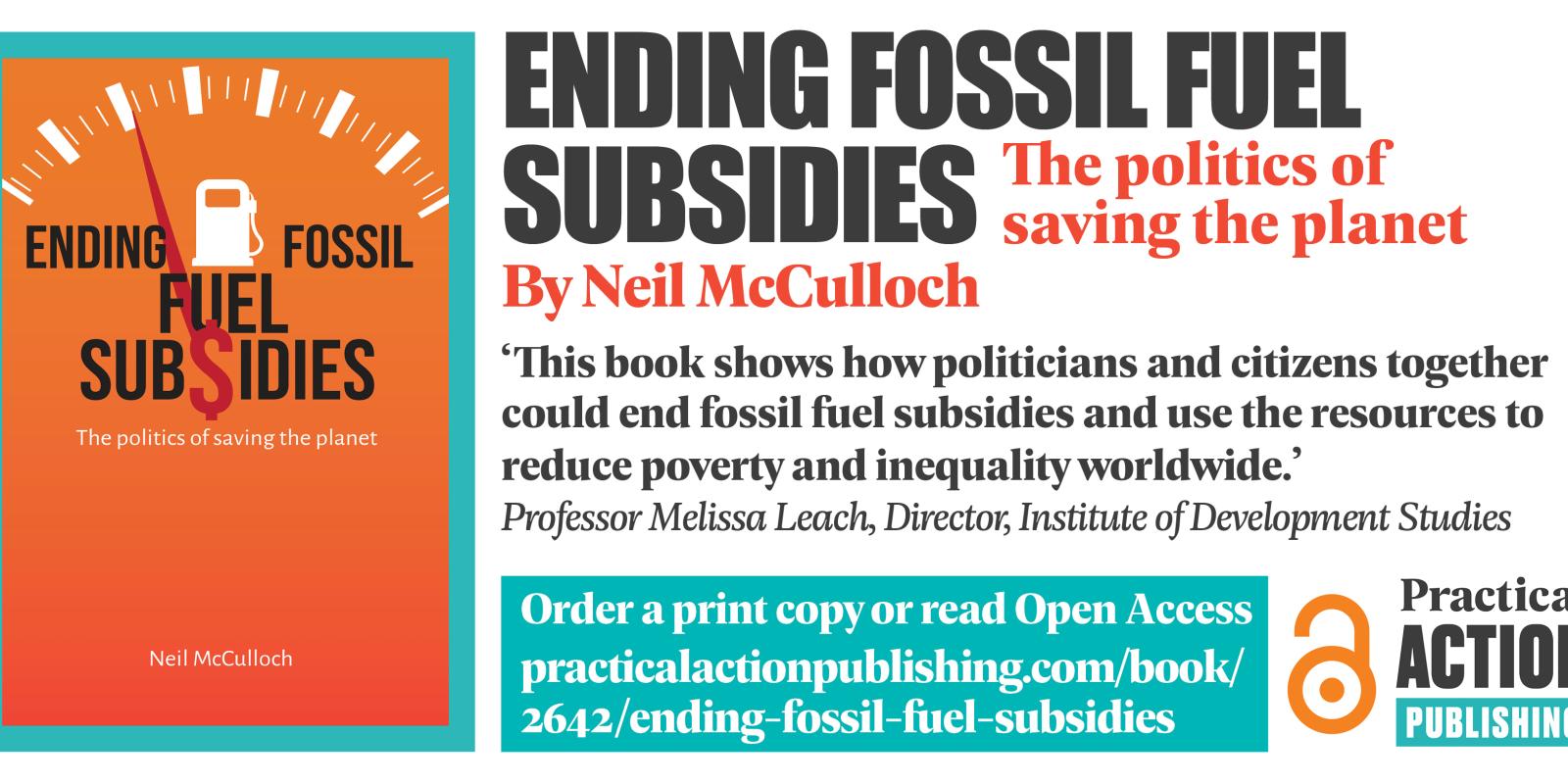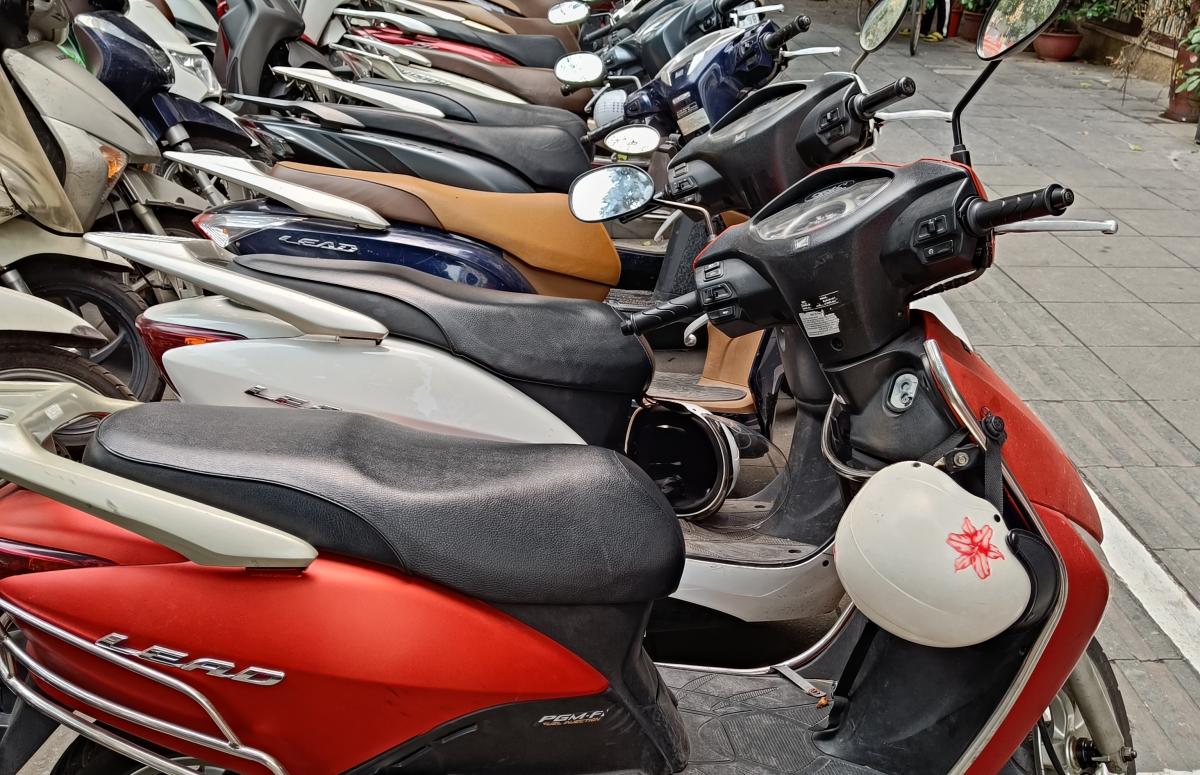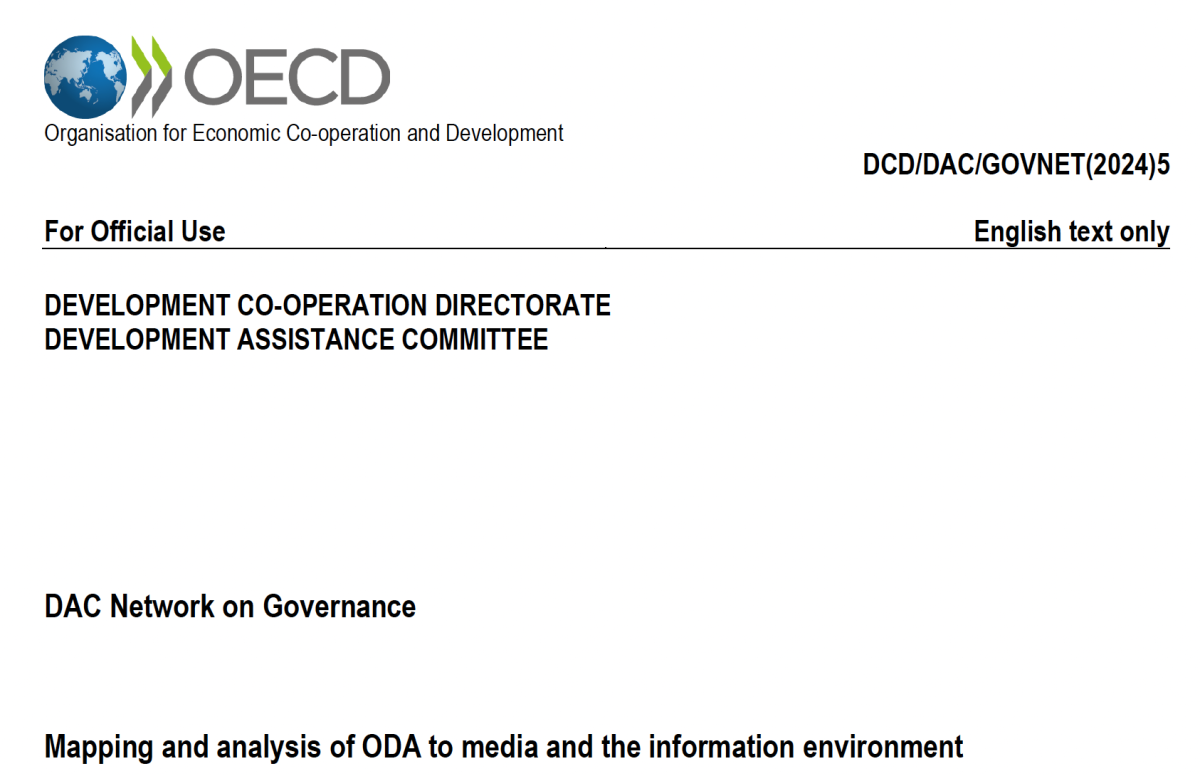
Book: Ending Fossil Fuel Subsidies – the politics of saving the planet
TPP Director, Neil McCulloch, has just launched a book on “Ending Fossil Fuel Subsidies – the politics of saving the planet”, published by Practical Action Publishing. The book explains what fossil fuel subsidies are, how they inflict harm and what steps are being taken to reduce them. It also shows why subsidies persist and why existing efforts have been so ineffective. Drawing lessons from countries which have tried to remove fossil fuel subsidies, it explains that the fundamental challenge to reform is not technical, but political. The book lays out a new agenda for action on fossil fuel subsidies, showing how a better understanding of the underlying political incentives can lead to more effective approaches to tackling this major global problem.
The book has received glowing endorsements from Ban Ki Moon, Mary Robinson, Helen Clark, Navroz Dubash and many others. To maximise access, The Policy Practice has arranged for the book to be Open Access. The PDF can be downloaded here. Physical copies can be ordered from https://practicalactionpublishing.com/book/2642/ending-fossil-fuel-subsidies (or on Amazon).
See this link for a video of author Neil McCulloch introducing his book in a lecture at IDS.
Political economy analysis for climate action - new course launched starting October 2024
The Policy Practice is delighted to be re-running the popular online course on Political Economy Analysis for Climate Action. This course explains how political economy analysis can be used to understand the challenge of action on climate change and to design more effective interventions. The course will consist of eight, 2-hour online sessions from 4 October to 12 November 2024. For more information and to register please click below or see our flyer here.
The political economy of energy transitions in Ghana, Zambia and Vietnam - Policy Brief 17
Written by Sam Bickersteth with Neil McCulloch and Meron Tesfamichael, this policy brief draws out some of the common constraints hindering the energy transition in Ghana, Zambia, and Vietnam and many other countries in the Global South. It also shows how political economy analysis can help to identify politically feasible pathways of change in each country demonstrating the importance of such analysis as an essential tool to understand energy transition.
Media support: aid funding does not match donor rhetoric
Laure-Hélène Piron (TPP Director) presented her analysis of official development assistance to media and the information environment to the Governance Network of the OECD Development Assistance Committee on 6 March 2024.
The draft report shows that the rhetoric of governments which support freedom of expression and condemn disinformation is not matched by sufficient funding. And too little directly goes to local media organisations.



